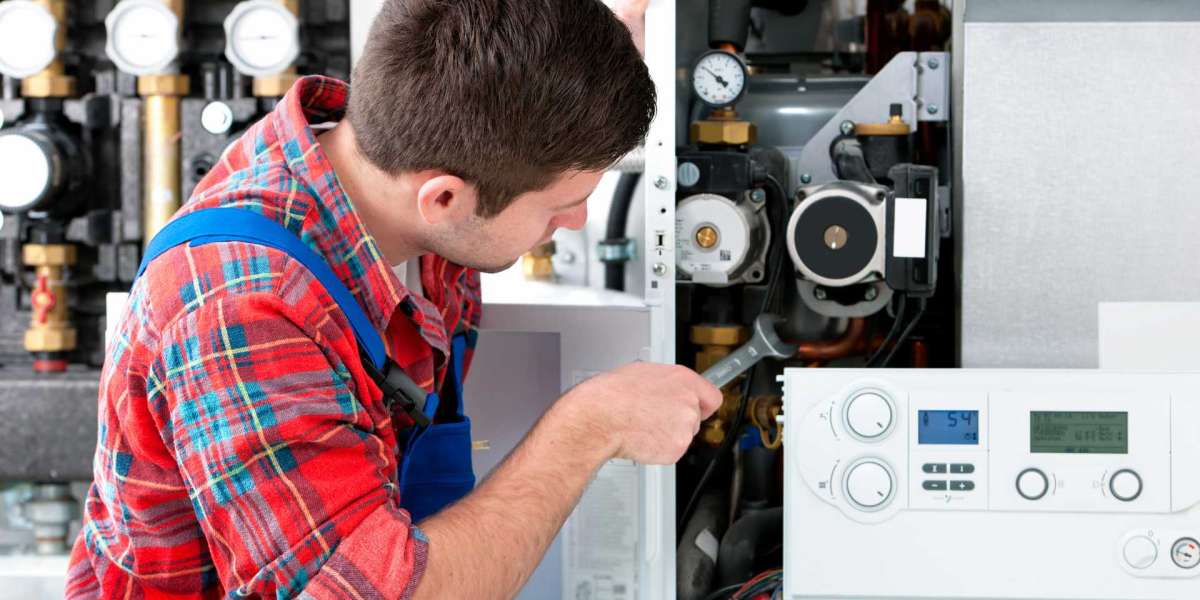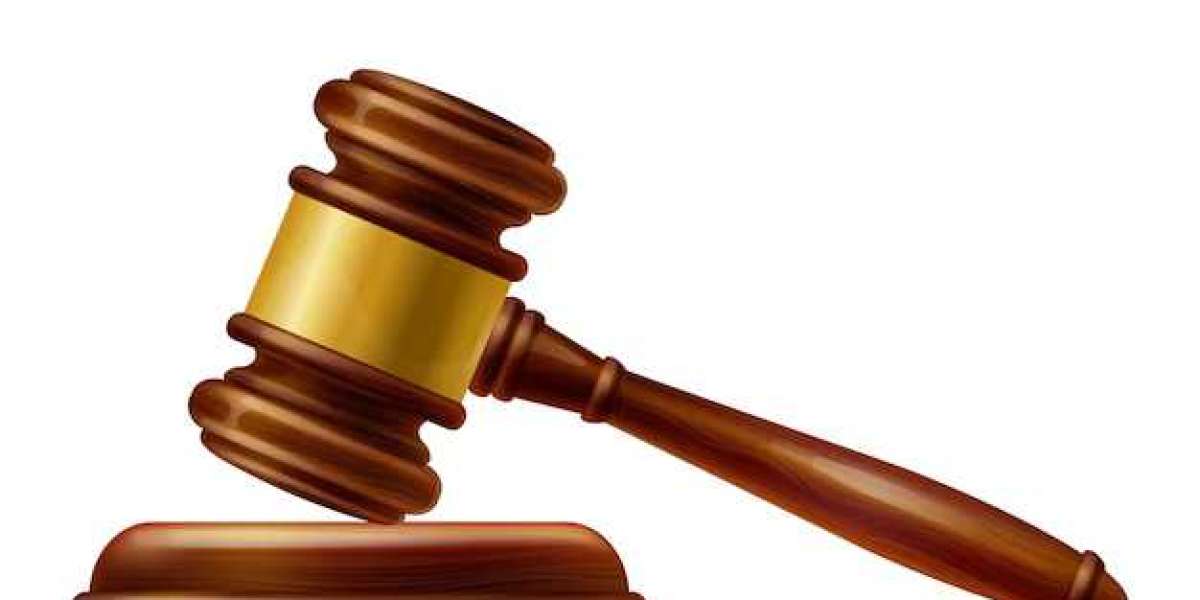A gas fire is a popular and efficient way to keep your home warm and cozy, especially during the colder months. However, like any heating appliance, it requires regular servicing and maintenance to ensure it operates safely and efficiently. This guide will walk you through everything you need to know about gas fire service and maintenance, from why it's essential to what the process involves.
Why Gas Fire Service and Maintenance Is Important
Gas fires are generally low maintenance, but they still require regular attention to ensure they operate safely. Here are a few reasons why regular service and maintenance are crucial:
1. Safety
Safety is the most critical reason for servicing your gas fire. A poorly maintained gas fire can pose serious risks, such as gas leaks and carbon monoxide poisoning. Carbon monoxide is a colorless, odorless gas that can be deadly if inhaled. Regular servicing ensures that your gas fire is functioning correctly and that there are no leaks or blockages that could lead to dangerous situations.
2. Efficiency
A well-maintained gas fire operates more efficiently, providing better heat output while using less fuel. Regular servicing helps identify and rectify any issues that may reduce your gas fire’s efficiency, ultimately saving you money on energy bills.
3. Longevity
Regular maintenance extends the lifespan of your gas fire. By addressing minor issues before they become major problems, you can avoid costly repairs and ensure your gas fire continues to operate effectively for years to come.
4. Compliance with Regulations
In many regions, homeowners are required by law to service their gas appliances regularly. Regular servicing by a qualified engineer ensures that your gas fire complies with local safety regulations.
How Often Should You Service Your Gas Fire?
The general recommendation is to have your gas fire serviced at least once a year by a qualified Gas Safe registered engineer. Annual servicing helps ensure your appliance is functioning correctly and efficiently, providing peace of mind that it’s safe to use.
If your gas fire is used frequently, especially during the winter months, you may want to consider more frequent checks to keep it in top condition.
What Happens During a Gas Fire Service?
A gas fire service involves a thorough inspection and cleaning of the appliance by a qualified engineer. Here’s what you can expect during the service:
1. Visual Inspection
The engineer will start by visually inspecting the gas fire and its surroundings. They will check for any signs of damage, wear, or corrosion that could affect the appliance’s performance or safety. They’ll also ensure that the ventilation around the gas fire is adequate and that the area is free from any flammable materials.
2. Gas Supply Check
Next, the engineer will check the gas supply to the fire. They’ll ensure that the gas is flowing correctly and that there are no leaks in the system. This is a critical step in ensuring the safety of your appliance.
3. Component Inspection and Cleaning
The engineer will then inspect and clean the internal components of the gas fire. This includes checking the burner, pilot light, and any ignition systems. They will remove any dust, debris, or soot that may have accumulated inside the appliance, as these can affect performance and safety.
4. Flue and Ventilation Check
If your gas fire is connected to a flue or chimney, the engineer will inspect it to ensure that it’s clear of any blockages. Proper ventilation is essential to prevent harmful gases, like carbon monoxide, from accumulating in your home. The engineer will also check that the flue is drawing air correctly and that the ventilation is functioning as it should.
5. Safety Device Testing
Modern gas fires are equipped with various safety devices, such as oxygen depletion sensors and flame failure devices. The engineer will test these safety features to ensure they are working correctly, providing an extra layer of protection against potential hazards.
6. Performance Testing
Finally, the engineer will test the performance of the gas fire. They will check the flame quality, heat output, and overall functionality to ensure the appliance is operating efficiently. If any issues are found, they will be addressed during the service.
Signs That Your Gas Fire Needs Servicing
While annual servicing is essential, there are also specific signs that indicate your gas fire may need immediate attention:
- Yellow or Unsteady Flames: The flames in your gas fire should burn blue and steady. Yellow or flickering flames can indicate incomplete combustion, which may lead to carbon monoxide production.
- Strange Smells: If you notice any unusual odors, such as a strong gas smell, this could indicate a leak or another serious issue.
- Difficulty Igniting: If your gas fire is hard to ignite or keeps going out, it may need a service to ensure everything is functioning correctly.
- Soot Build-Up: Visible soot or black marks around your gas fire can indicate incomplete combustion and may be a sign that the appliance needs cleaning.
- Increased Energy Bills: If your gas bills have suddenly increased without a change in usage, your gas fire may not be operating efficiently and could require servicing.
If you notice any of these signs, it’s essential to contact a qualified engineer immediately to check and service your gas fire.
DIY Maintenance Tips for Gas Fires
While a professional service is crucial, there are some basic maintenance tasks you can perform yourself to keep your gas fire in good condition between services:
- Regular Cleaning: Dust and debris can accumulate on the surface of your gas fire, affecting its appearance and performance. Regularly clean the exterior and any accessible parts with a soft cloth or vacuum cleaner attachment. Avoid using water or harsh chemicals.
- Check for Blockages: Ensure that the area around your gas fire is free from obstructions that could block ventilation or the flow of heat.
- Monitor Flame Quality: Keep an eye on the flame color and steadiness. If you notice any changes, it may be time for a professional check-up.
Remember, while basic cleaning and monitoring can help maintain your gas fire, never attempt to repair or service the internal components yourself. Always rely on a qualified engineer for more complex tasks.
Choosing the Right Engineer for Gas Fire Service
When it comes to servicing your gas fire, it’s essential to choose a qualified and experienced engineer. In the UK, for example, gas engineers must be Gas Safe registered to work legally on gas appliances. Always ask for the engineer’s credentials and check their Gas Safe ID before allowing them to work on your gas fire.
Choosing the right engineer ensures that the service is done correctly and safely. It also provides peace of mind that your gas fire is in good hands.
Regular service and maintenance of your gas fire are essential for ensuring it operates safely, efficiently, and reliably. By scheduling annual professional servicing and performing basic maintenance tasks yourself, you can enjoy the warmth and comfort of your gas fire without worrying about potential hazards.
If you notice any signs that your gas fire may need immediate attention, don’t hesitate to contact a qualified engineer. Taking care of your gas fire not only extends its lifespan but also ensures the safety and comfort of your home.














